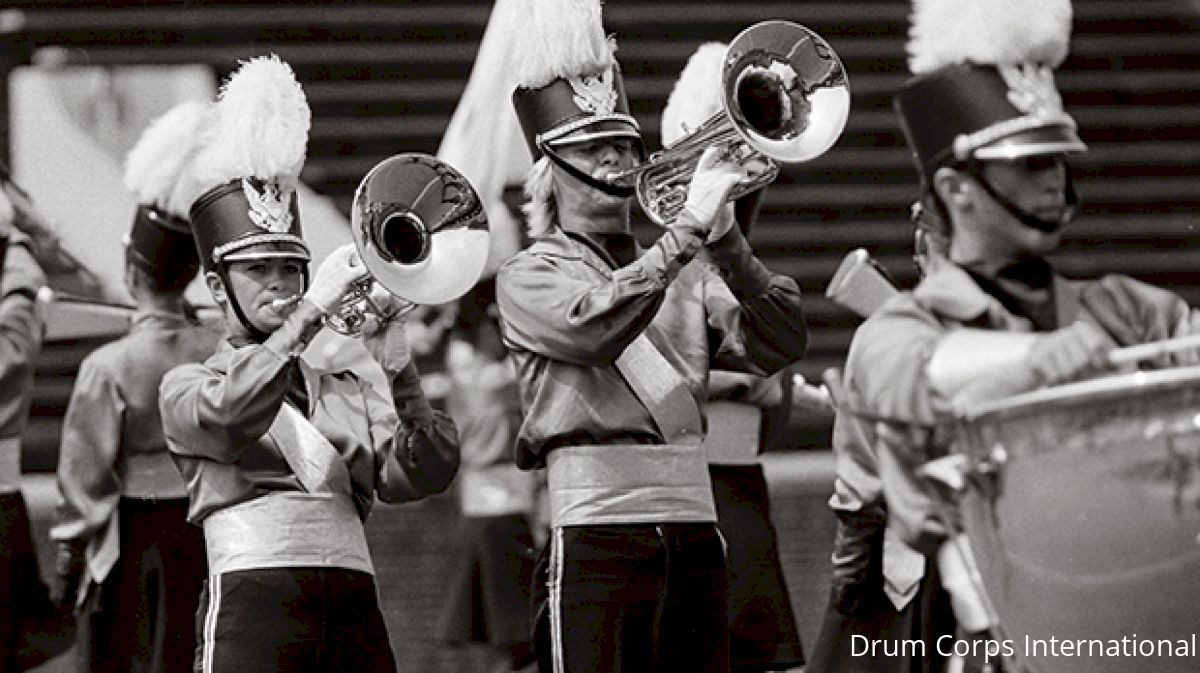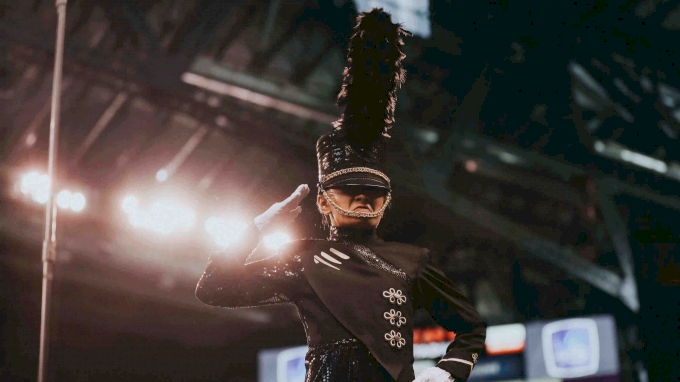What Does International Women's Day Mean In The Marching Arts?
What Does International Women's Day Mean In The Marching Arts?
As an arts community, we pride ourselves on inclusivity, so we should ask: What's the significance of Int'l Women’s Day in the world of the marching arts?

If you’ve logged on to social media today, you’ve probably seen a wealth of statuses and articles praising women for their skills, contributions, and strength.
Since 1910, March 8 has been celebrated as International Women’s Day, and in the context of this particular historic moment — specifically, the #MeToo and Time’s Up movements — this year’s designation comes with a different weight. As an arts community, we pride ourselves on inclusivity, so it’s appropriate to ask: What is the significance of International Women’s Day in the world of the marching arts?
Drum corps has a gendered history. That’s a fact. Women began slowly making their way into corps in the mid-1970s, but that didn’t always include the hornlines — Santa Clara Vanguard, for example, didn’t allow women in instrumental roles until 1983. I bring up our history not to shame the past but to highlight how much more inclusive the community has become. We owe a debt to pioneers like Bonnie Ott, Sandra Opie, and Bobbie del Costello — women willing to be the first of their kind, to take a risk and to challenge tradition.
That isn’t to say women have stopped challenging norms. There’s still so much work to be done. There’s a lot to contend with as a female leader in a male-dominated industry, and I think that’s a universal feeling for most women in that position.

Photo by Zach Ashcraft
Last June, the Marching Roundtable Podcast sat down with Colts corps director Vicki MacFarlane, among others, to chat about what it means to be a woman in a leadership role in drum corps.
As the only female corps director in World Class, MacFarlane described “times where if I fail at something, it feels like it’s not just a reflection on me as a director — it’s a reflection on all female directors.”
Imposter syndrome can be hard to outrun, especially when your role already feels like an outlier in the community. How can we help women overcome a feeling of needing to prove themselves in this arena — of being under even greater scrutiny because they’re blazing a path for more inclusive leadership?
It’s not easy, of course. And it takes time. But the best place to begin — the most rewarding and most accessible work — is to encourage young women to see themselves in these positions of leadership, as caption heads, in corps, as soloists, as directors, and as designers.
Christina Lear, a DCI Drum Major Leadership Summit faculty member, made a great point in the Roundtable’s podcast, highlighting research that has shown that women might need an extra push to feel as though they're worthy or safe to apply to male-dominated positions.
A man, for example, might not hesitate to run for office. Lear cites statistics showing that by comparison, on average, a woman needs to be asked seven more times than a male peer to throw her name in the ring.
So let’s get to asking. This International Women’s Day, as a fellow woman in this industry, I challenge more of us to ask for what we deserve and to believe that we deserve it. I’m grateful for this changing, progressive community, but I hold it to a high standard. The field belongs to everyone, and that's what we’re working toward: a more inclusive marching arts, accessible to any and all that want to perform.